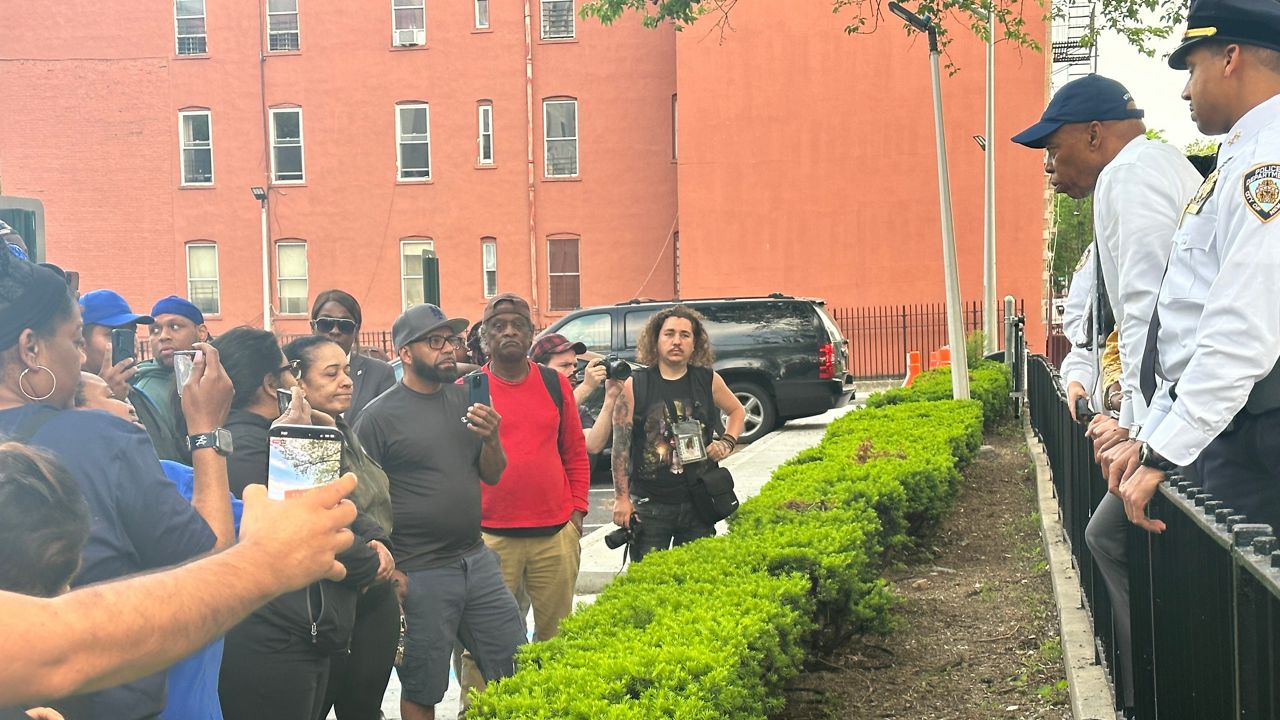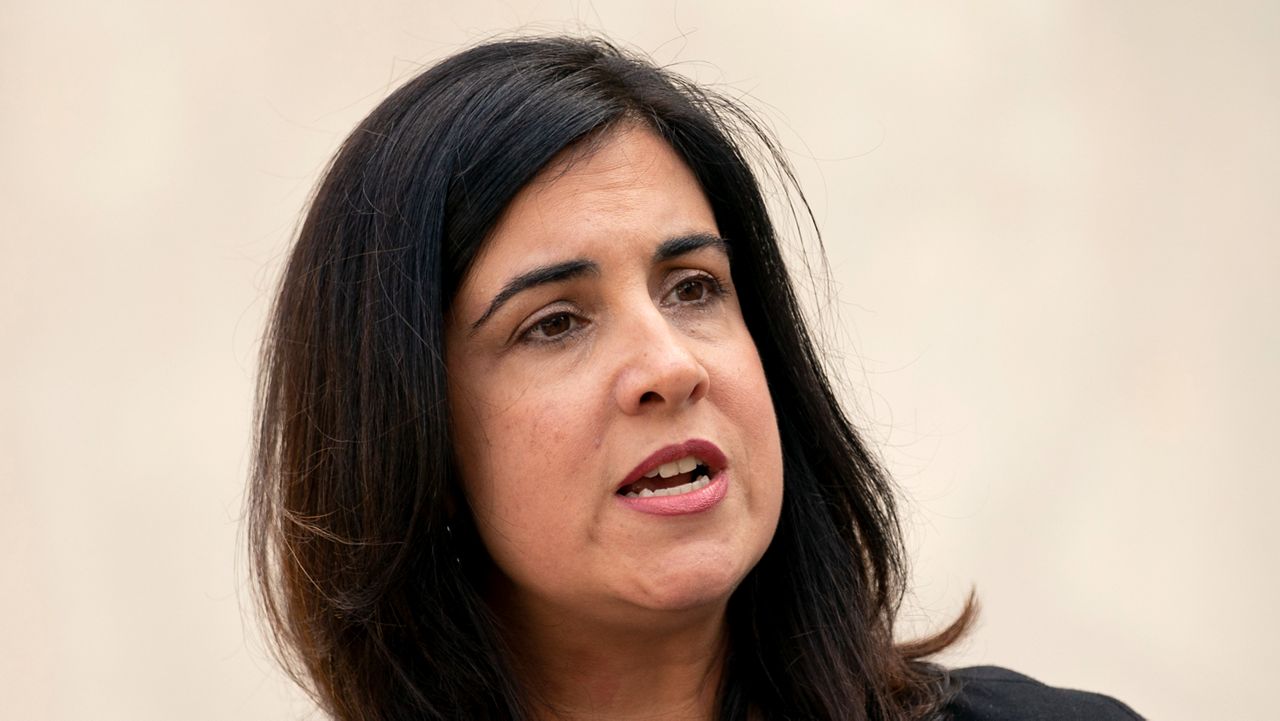NEW YORK - Across the city, pay phones still exist, but for many people, it's been a long time since they made a call on one.
"I've lived here a while, so it had to be over 15 years," said one New Yorker.
That's one big reason nearly all of the remaining public pay phones are being removed, like one on Ninth Avenue in Hell's Kitchen. It's among 30 pay phones in the neighborhood that are about to be disconnected and carted away.
The local community board and City Council Speaker Corey Johnson, who represents this district, complained that the phones had become an eyesore. At a booth on Ninth Avenue just north of 42nd Street the receiver was off the hook, right next to a bottle of wine.
The news that these phones will be yanked was first reported by Gothamist.
"The phone booth behind me, I checked, there's no dial tone, and the smell leaves something be desired. And they've also become, because the three sides are enclosed, they've been used for drug dealing," said Community Board 4 Chairman Lowell Kern.
Back in the day, before everyone had cell phones, the phones actually served a purpose, and were widespread.
Just 12 years ago, there were nearly 22,000 across the five boroughs. Today, only 2,600 remain.
Manhattan has the most, with nearly 1,500. Staten Island has just 10.
The organization that runs the phones, CityBridge, has been working for the last several years to phase them all out and replace many of them with LinkNYC machines, which provide free Wi-Fi and free phone calls to anywhere in the U.S.
"The new phone booths, so-called kiosks, essentially, they are phones, in fact they're free phones, so I think it's better to have free phones, they have other opportunities for the user: you can charge your phone and get information and so on," said Manhattan Borough President Gale Brewer.
The past, though, will be preserved in one part of the city.
Under its contract, CityBridge must maintain four old-school phone booths on West End Avenue.
Brewer pushed to keep the four booths, at the request of a constituent.
"It's a historic memory. It's something so we don't forget the past," Brewer added.








_Pkg_ZisopoulusTrial_-_EMS_Russo_Killing_CG)
